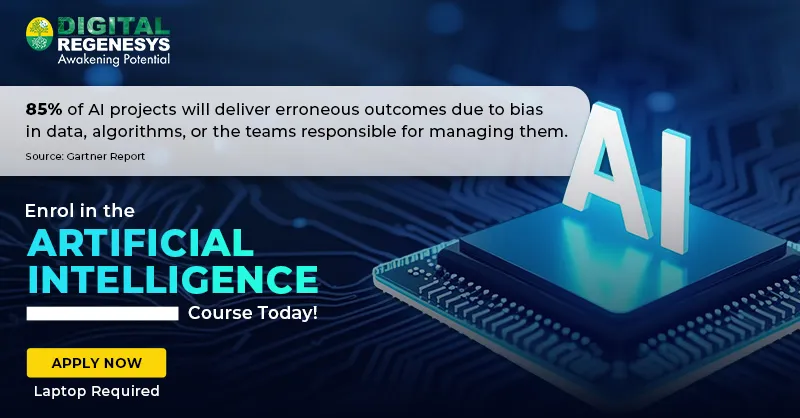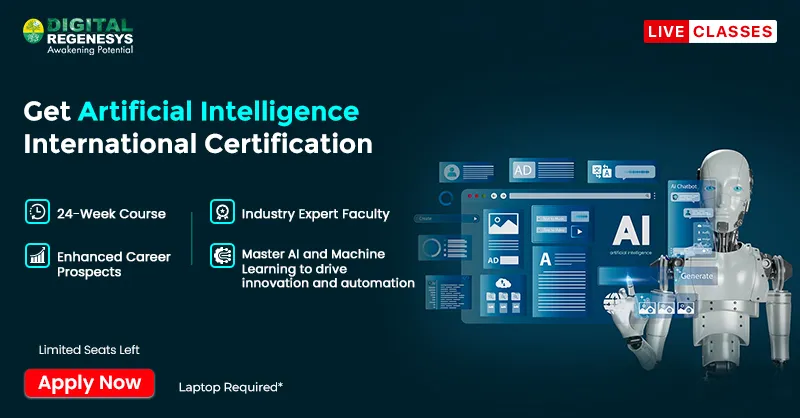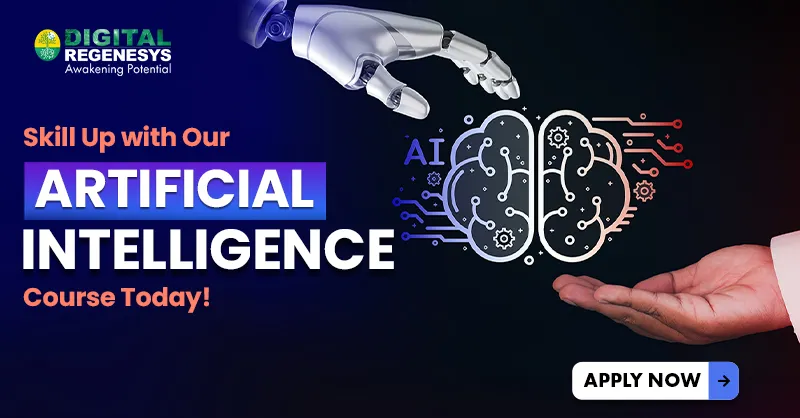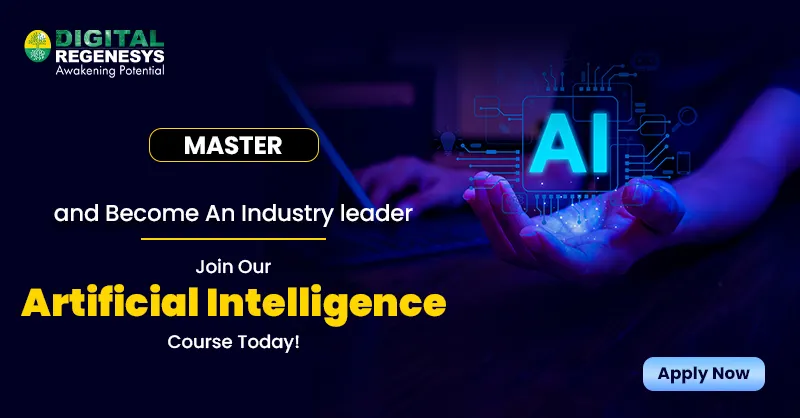AI in Tanzania – Strategy for 2026

Have you ever wondered how AI could transform an entire country’s economy? In Tanzania, emerging technologies are transforming industries, public services, and everyday life. Digital adoption in Tanzania is growing steadily, with AI poised to play a pivotal role in various sectors, including agriculture and healthcare.
As businesses, government, and educational institutions embrace AI, it’s becoming clear that this technology is not just a luxury; it’s essential for sustainable development.
From improving crop yields to enhancing healthcare delivery, AI has the potential to address both economic and social challenges in Tanzania.
In this article, we explore Tanzania’s AI strategy for 2026.
By understanding this landscape, readers can grasp how AI will influence the country’s future and how they can position themselves to thrive in an AI-driven economy.
Tanzania’s AI Landscape: Opportunities and Investments
Tanzania’s AI ecosystem is at an exciting stage of development. Startups are emerging with AI solutions for healthcare, agriculture, and financial services, while investment from both government and private sectors is increasing steadily. Research institutions and innovation hubs are also exploring AI applications tailored to local challenges.
Public-private collaborations, particularly with universities, are supporting pilot projects and capacity-building initiatives. These combined efforts indicate a growing awareness of AI’s potential to drive economic growth, efficiency, and social impact.
Understanding the AI landscape helps identify where Tanzania can lead innovation and digital growth.
Highlights:
- Investment trends in AI technologies.
- AI-focused startups and incubators.
- Public-private partnerships.
- Research institutions and innovation hubs.
- International collaborations.
Get insights on – What You Will Learn in a 24-Week Artificial Intelligence Online Course.

Emerging AI Technologies in Tanzania
Tanzania is adopting a range of AI technologies that address both business and social needs. Predictive analytics helps farmers forecast weather patterns and optimise crop production. Machine learning algorithms are being used in healthcare to detect diseases early and personalise treatment plans.
Natural language processing (NLP) enables chatbots and language tools for education and customer engagement. Robotics and automation are emerging in manufacturing and logistics, improving efficiency.
These technologies are not just experimental; they are gradually being integrated into practical solutions that enhance productivity and service delivery.
Adopting these technologies will drive smarter solutions across industries.
Key Technologies:
- Predictive analytics for business and agriculture.
- AI-powered chatbots for customer engagement.
- Robotics and automation for industrial processes.
- Machine learning for fraud detection and health diagnostics.
- NLP tools for language and education solutions.
Sectoral Transformations: How AI is Changing Tanzanian Industries
AI is transforming Tanzania’s core sectors in innovative ways. Agriculture benefits from precision farming, automated irrigation, and pest prediction tools. Healthcare providers use AI for telemedicine, early diagnostics, and patient monitoring, improving access and outcomes. Financial institutions implement AI for credit scoring, fraud detection, and personalised banking services.
]Public sector agencies leverage AI to optimise resource allocation, improve governance, and enable data-driven decision-making for urban planning and social services.
AI is enabling sectors to operate smarter, faster, and more sustainably.
Sectoral Applications:
- Agriculture: Crop forecasting, precision farming.
- Healthcare: Telemedicine, diagnostics, patient monitoring.
- Education: Adaptive learning platforms, admin automation.
- Finance: Credit scoring, fraud prevention.
- Public Sector: Smart governance, resource optimisation.
Explore details on – How Industry Expert Sessions Shape Your AI Learning Journey.

AI Workforce and Skills Development
The success of AI adoption depends on building a skilled workforce. Tanzania needs professionals who can interpret AI insights, manage AI-driven tools, and make informed decisions.
Encouraging entrepreneurship in AI startups also develops practical skills. Investing in workforce development enables the country to sustain AI adoption, maintain competitiveness, and create new employment opportunities in the tech sector.
Building a skilled AI workforce ensures sustainable adoption and long-term benefits.
Key Focus Areas:
- AI and data analytics courses in universities.
- Professional upskilling programs.
- Industry-academia collaborations.
- Encouraging entrepreneurship in AI startups.
- Mentorship and community programs.
Policy, Ethics, and Governance
Government policy and governance are essential for responsible AI adoption. Tanzania’s strategy emphasises ethical frameworks, data privacy, cybersecurity, and inclusivity. Regulations guide how AI technologies are deployed across sectors, ensuring transparency and fairness.
Public-private collaborations support research and innovation while maintaining compliance with international standards. By developing clear policies and ethical guidelines, Tanzania aims to prevent misuse, protect citizens’ data, and encourage innovation that benefits the wider population. Effective governance also strengthens investor confidence and promotes long-term sustainability in AI initiatives.
Good governance ensures AI is safe, ethical, and impactful for society.
Policy Highlights:
- National AI strategy goals.
- Data privacy and cybersecurity measures.
- Ethical and transparent AI deployment.
- Public-private policy initiatives.
- Compliance with international AI standards.
Read about – Benefits of Flexible AI Short Courses.
Challenges and Roadblocks
Despite opportunities, Tanzania faces several challenges in AI adoption. The limited availability of AI-trained professionals restricts implementation at scale. Infrastructure gaps, including connectivity issues in rural areas, hinder access to AI solutions. High costs of AI technologies and lack of funding for startups slow growth.
Cultural and societal acceptance of AI also influences adoption. Regulatory uncertainties and ethical concerns add complexity. Addressing these challenges requires coordinated action between government, industry, and academia, ensuring that AI adoption is inclusive, equitable, and sustainable across the country.
Overcoming these challenges is crucial for AI to reach its full potential in Tanzania.
Key Challenges:
- Limited AI-skilled workforce.
- Infrastructure and connectivity gaps.
- Funding and investment limitations.
- Awareness and cultural acceptance barriers.
- Ethical and regulatory challenges.

Strategic Recommendations and Future Outlook
To fully harness AI by 2026, Tanzania should focus on strategic investments in education, research, and innovation hubs. Businesses must adopt AI responsibly to improve efficiency and competitiveness. Public-private collaborations can accelerate AI adoption in key sectors. Ethical AI practices should be prioritised to build trust and social acceptance.
Monitoring global AI trends enables adaptation of successful international strategies locally. By following these recommendations, Tanzania can become a regional AI leader, driving economic growth, improving public services, and fostering a culture of innovation.
Strategic planning and forward-thinking will allow Tanzania to harness AI effectively by 2026.
Recommendations:
- Invest in AI education and professional training.
- Encourage AI-focused research and innovation hubs.
- Promote ethical and inclusive AI adoption.
- Foster collaboration between government, industry, and academia.
- Monitor global AI trends for adaptation.

Conclusion
AI presents a transformative opportunity for Tanzania. By adopting innovative technologies, upskilling its workforce, and implementing strong governance frameworks, the country can enhance productivity, improve public services, and drive economic growth.
From agriculture and healthcare to finance and education, AI is poised to create measurable social and economic benefits.
For professionals seeking to participate in this AI-driven transformation, the Digital Regenesys Artificial Intelligence Certificate Course provides learners with practical knowledge, hands-on skills, and insights into AI applications across various industries.
By acquiring these competencies, Tanzanian professionals can help organisations implement AI responsibly and effectively, contributing to a more innovative and inclusive digital economy.
Visit Digital Regenesys to gain AI skills and contribute to Tanzania’s AI-driven future.
Last Updated: 19 November 2025
